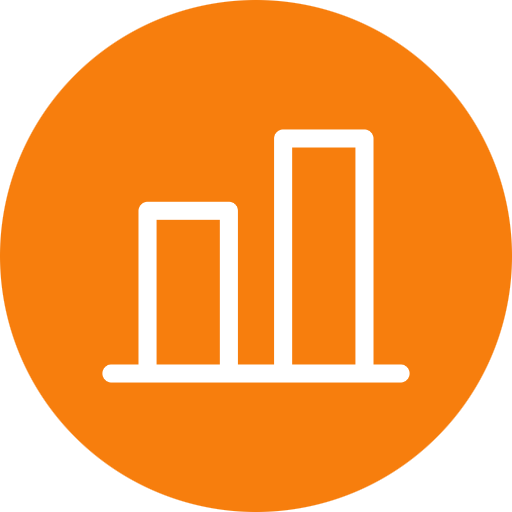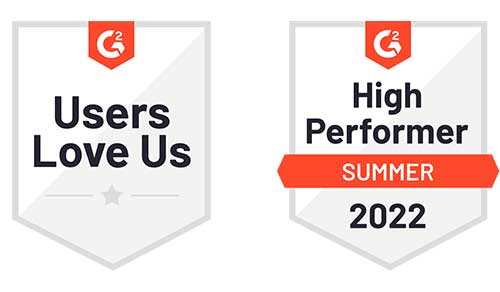In a professional services organization, you’re not selling widgets or software. You’re selling one of the most valuable commodities: time. Each person only gets a total of 8760 hours each year, so it’s important to make the most of them.
Examples of Professional Service Organizations
So, what types of businesses are selling time? First, I should clarify that they’re not selling time directly – they’re selling time that provides knowledge, skills and added value. Ultimately, those are shared with the customer through time that’s spent working on their project or providing training services. Some of the most common types of professional service organizations are:
- Consulting firms, including Salesforce consulting firms
- Marketing agencies
- Lawyers
- IT services
- Accounting firms
- Financial services
- Management consultants
- Trainers
Of course, many businesses have professional service departments that add to their revenue stream. For example, software companies often have onboarding or implementation teams to support their programs.
Whether your entire business is based on providing professional services, or just a single business unit, many business activities affect your effectiveness.
- Sales pipeline: What does our future work look like? What have we already sold this year?
- Capacity: how much work can we handle?
- Utilization: how busy are we?
- Efficiency: how good are we at getting our work done?
- Profitability: how much are we making from the work we do?
Of course, there are dozens of other questions that are generated from managing a professional services firm.
- When do I need to hire?
- What types of roles do I need to hire?
- Are my processes efficient?
- Are we delivering on time?
- Where are our bottlenecks in getting projects done?
- What do we need to do to grow?
- How are individual team members performing?
- Who do I need to improve my profitability?
So, how does a PSA solution help?
Tools like Cloud Coach PSA goes beyond helping you manage your projects and tasks. It provides tools you need to monitor your team performance.
Capacity and Utilization
Capacity and utilization measurements go hand in hand. Capacity gives you a picture of how much work your team can handle, and utilization measures how well your team is being used for billable projects.
Capacity: How much time is available for billable work
Utilization: How much time is spent on billable work
Tracking both of these metrics helps give you insight into your team’s performance. It can also uncover what you need to do in order to grow. For example, if your developer utilization is nearing 100% consistently, then you likely need to consider hiring more developers. On the other hand, if you’re designers are only at 25% utilization, then you have the capacity to sell more of their time.
Profitability
Of course, the bottom line of most businesses is measuring your profitability. Profit isn’t just a number on a financial statement – it can (and should) be measured across your billable professional service projects. A Salesforce-based PSA solution makes it easy to measure your profitability. Since your revenue is already captured on the opportunities, tying your projects with billing rates and costs to those opportunities gives you a 360-degree view of the profitability of your project.
Streamlined Execution
The difference between how long you think a project should take, and how long it actually takes can be the difference between success and failure. With a strong PSA tool, you can set performance benchmarks and measure execution performance against them. This performance measurement allows you to better set expectations with your clients, and ensure you’re achieving your profitability goals.
Want to learn more about how a PSA solution can help you? Check out 10 Reasons Your PSA Solution Should be Built on Salesforce

























